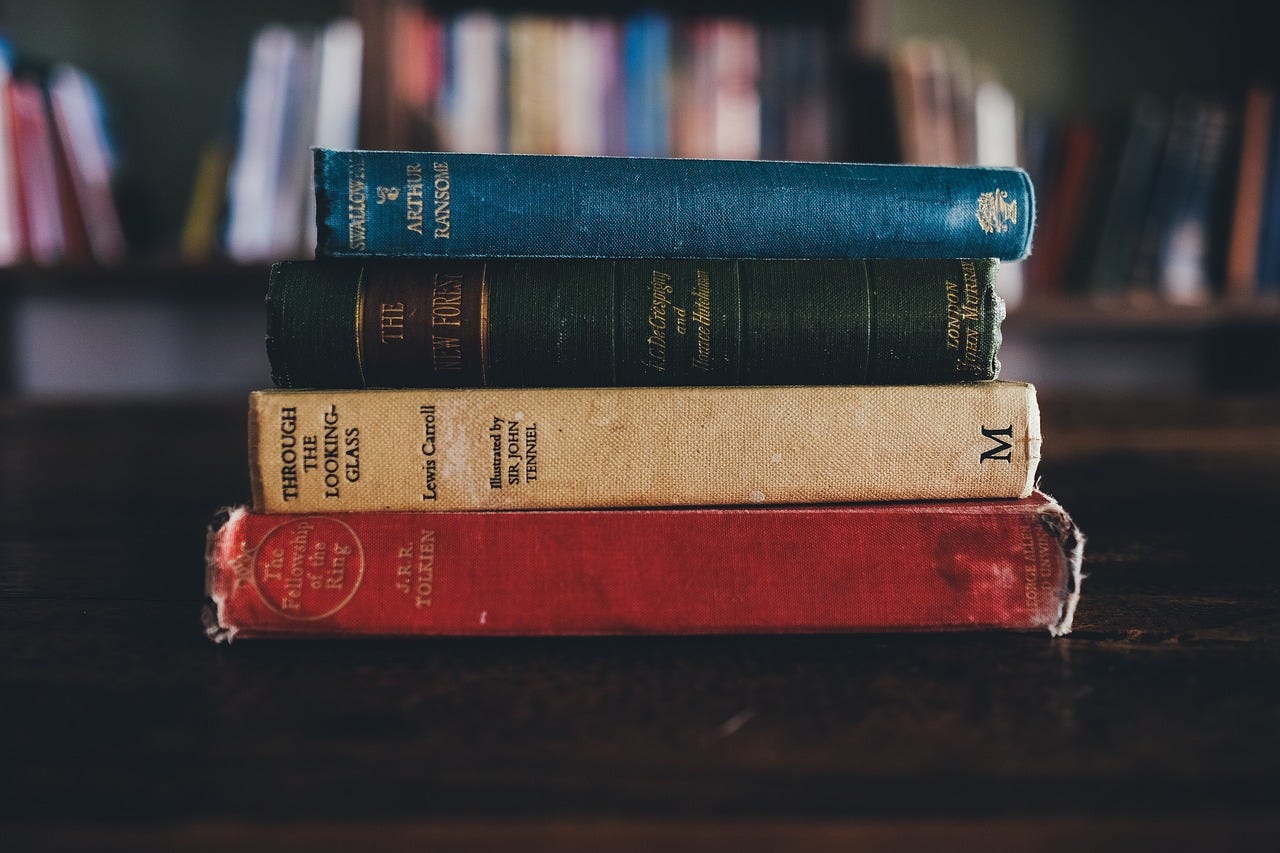Reading may be the thing that can change your life.
"A blatant but often accurate generalization: people who are curious and passionate read, people who are apathetic and indifferent don't." - Nolan Bushnell
I don’t believe it to be an understatement to say that reading can change lives.
The course of history has been altered or shaped by the fact that an individual happened to stumble on a book that struck a chord with them.
Nowadays we have unlimited access to the world's knowledge, all we have to do is reach into our pockets.
Yet, that is only a recent phenomenon.
Prior to that, there were only books.
For most of written human history, only the wealthy had access and the required education in order to read them.
The invention of the Gutenberg press in the 15th century was the gateway into large-scale printing of books, which before that had to be copied by hand.
Literacy levels would slowly increase over the next few hundred years, and around the time of the industrial revolution, when more compulsory schooling was introduced, did these numbers start to increase in the western world.
Books help shape the world
Many if not all of the most influential people in the world read in some capacity.
Some of the best ideas come from a seed that is planted while reading a book. The greatest business, thought, and world leaders developed their ideas through the books they read.
For some, it completely changed the trajectory of their life and the lives of the millions they would affect.
Frederick Douglass, born into slavery, learned to read at 12, thanks to his enslaver’s wife. That knowledge changed his life—and ultimately helped free millions.
Patrick Kavanagh, a farmhand from rural Monaghan, had little formal education. Borrowing a book of poetry set him on the path to becoming one of Ireland’s most influential poets.
Andrew Carnegie, a poor Scottish immigrant, had no formal education. But when a local businessman, Colonel James Anderson, opened his library to working boys, Carnegie found the key to changing his life—books.
Helen Keller, deaf and blind from infancy, had almost no prospects in the late 1800s. But with the help of her teacher, Anne Sullivan, she learned to read and write via braille. Books became her bridge to the world, leading her to write, speak, and champion numerous causes.
A Changing World
Technology is advancing at an exponential rate. Video and audio learning are growing fast, offering convenient ways to absorb information.
Still, I believe reading remains the most powerful form of learning. Video and audio can be consumed passively, but reading demands focus. A fully engaged mind absorbs more.
The future is unknown, the forms of learning not certain, but humans will always need and crave knowledge, and books are windows into the minds of the great, the past and in my opinion, the future.
Quotes that resonated…
"People praise you in public for what you practice in private" - Tony Robbins
***
"When you want to help people, you tell them the truth. When you want to help yourself, you tell them what they want to hear." - Thomas Sowell
***
“Victory belongs to the most persevering.” - Napoleon Bonaparte
***
“Cowards die many times before their deaths; the valiant never taste of death but once” - Julius Caesar
Book Recommendation…
Atomic Habits: Tiny Changes, Remarkable Results
James Clear explores how small, consistent changes lead to massive long-term improvements. Our habits dictate and control our behaviour and as a result, our lives. In the book he shows us how we can use systems to reshape our habits as a means of building lasting positive habits and breaking destructive ones.
__________________________________________________________________
Disclaimer:
This post contains affiliate links. If you make a purchase through these links, I may earn a small commission—at no extra cost to you. This helps support the site and allows me to continue creating helpful content. Thank you for your support!




